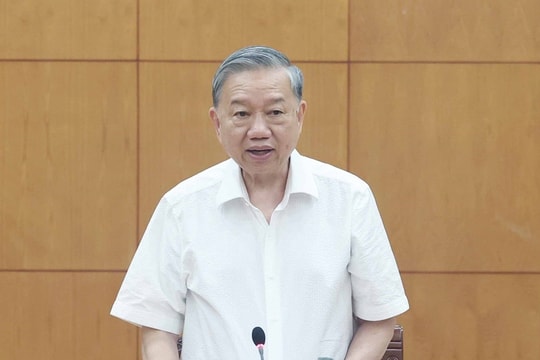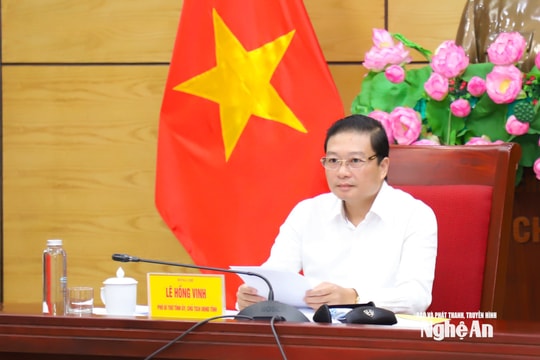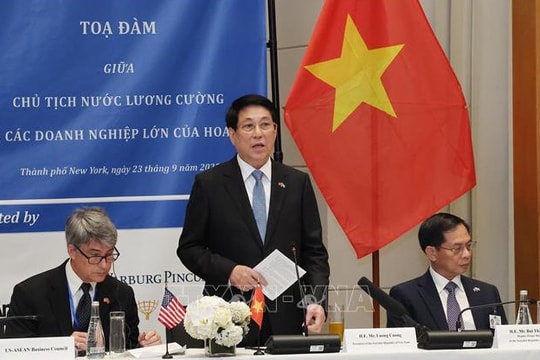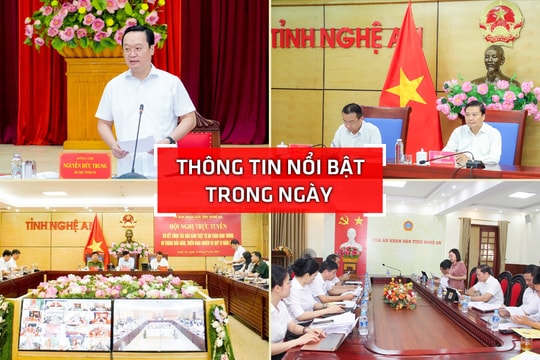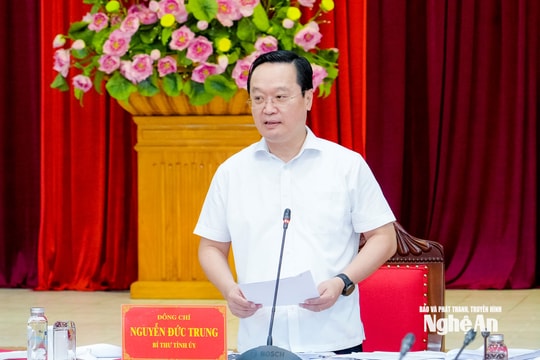Japan follows the US in restricting exports of semiconductor chip manufacturing equipment to China
(Baonghean.vn) - Japan has finally followed the US in imposing restrictions on the export of 23 types of leading semiconductor chip manufacturing technology to China.
For nearly six months, the US government has been lobbying its allies, including Japan, to introduce policies to limit the transfer of advanced technologies related to semiconductor chip production to China.
In response to US efforts, Japanese Minister of Economy, Trade and Industry Yasutoshi Nishimura recently announced that the Tokyo government will expand restrictions on the export of 23 types of leading chip manufacturing technology to China.
 |
Illustration photo. |
While Mr. Nishimura said the move was unrelated to U.S. lobbying efforts and was not a ban, it was clear that Japan's restrictions were in line with U.S. efforts to limit the Chinese government's access to key semiconductor chipmaking technologies.
Mr. Yasutoshi Nishimura said that these export control measures apply to all regions and are not targeted at any particular country. The Japanese government will consider whether there is any risk of military appropriation. The restrictions will be subject to public comment before implementation, expected in July.
The ruling means about 10 Japanese companies, including leading semiconductor equipment makers Tokyo Electron Ltd, Screen Holdings and Nikon, will need to apply for licenses to export a range of equipment expected to be used to turn silicon into chips, including cleaning, deposition, annealing, lithography, photolithography and testing equipment, the statement said.
Japan and the Netherlands are now home to some of the world’s largest semiconductor equipment manufacturers. The US has been trying to rally allies with its might, as experts say the export controls it has pushed for can only effectively strangle China if other countries in the supply chain do the same.
The announcement comes after the US, the Netherlands and Japan reached an agreement in January 2023. In response to Japan's move, the Netherlands on March 9 revealed the first public details of its approach, which is its intention to impose export restrictions on the most advanced semiconductor manufacturing technologies.
Japan has been more cautious in this regard by not explicitly naming China as a target for its export restrictions. Officials from Japan's Ministry of Economy, Trade and Industry said that countries classified as Japan's most favored trading partners will be able to continue importing without a license.
“Countries that can continue to import without a license include Taiwan and Singapore, which are important parts of the global semiconductor supply chain. Shipments of restricted equipment to China will require approval from export control officials,” Bloomberg reported.
Japan's export controls will affect a wide range of equipment, including photolithography machines capable of producing 14- and 16-nanometer process semiconductor chips and more advanced semiconductor chips.
Minister Nishimura said Japan would continue exports if they were not reallocated for military use. Japan's planned export controls also include tools for cleaning impurities from silicon wafers and lithography machines.
Even for the Netherlands, home to the world's leading supplier of photolithography equipment for the semiconductor industry, ASML Holding NV, the plan to restrict exports of certain equipment such as lithography machines is not targeted at any specific country. The Dutch rules, expected to be published before next summer, will add to existing restrictions on the most advanced lithography machines, which are crucial to making the world's most advanced chips.
On the other hand, the US has also banned US equipment suppliers Applied Materials Inc, Lam Research Corp and KLA Corp from exporting some of their most advanced technologies to China. For the Biden administration, Japan's Tokyo Electron Ltd and the Netherlands' ASML Holding NV are two other important suppliers that the US needs to prevent China's semiconductor technology development.
Previously, in October 2022, the US Government issued strict regulations related to the export of semiconductor chip manufacturing equipment, requiring equipment and technology needed to manufacture semiconductor chips with a process of 14 to 16 nanometers or less and equipment used to manufacture advanced semiconductors used in supercomputers and artificial intelligence to be approved by the US Department of Commerce before being exported to other countries.
In addition to working together to curb semiconductor exports to China, Japan is also part of the proposed Semiconductor Alliance, which includes South Korea, Taiwan, and the United States. The countries in the alliance all excel in specific segments of the semiconductor industry. For the United States, combining the strengths of each participant would create a complete semiconductor supply chain from design to manufacturing.
In response to Japan’s new move, many experts believe that China may impose countermeasures against Japan in the near future. Previously, in December last year, China filed a complaint with the World Trade Organization (WTO) because it believed that the US’s export restrictions on advanced semiconductors to China were illegal./.



